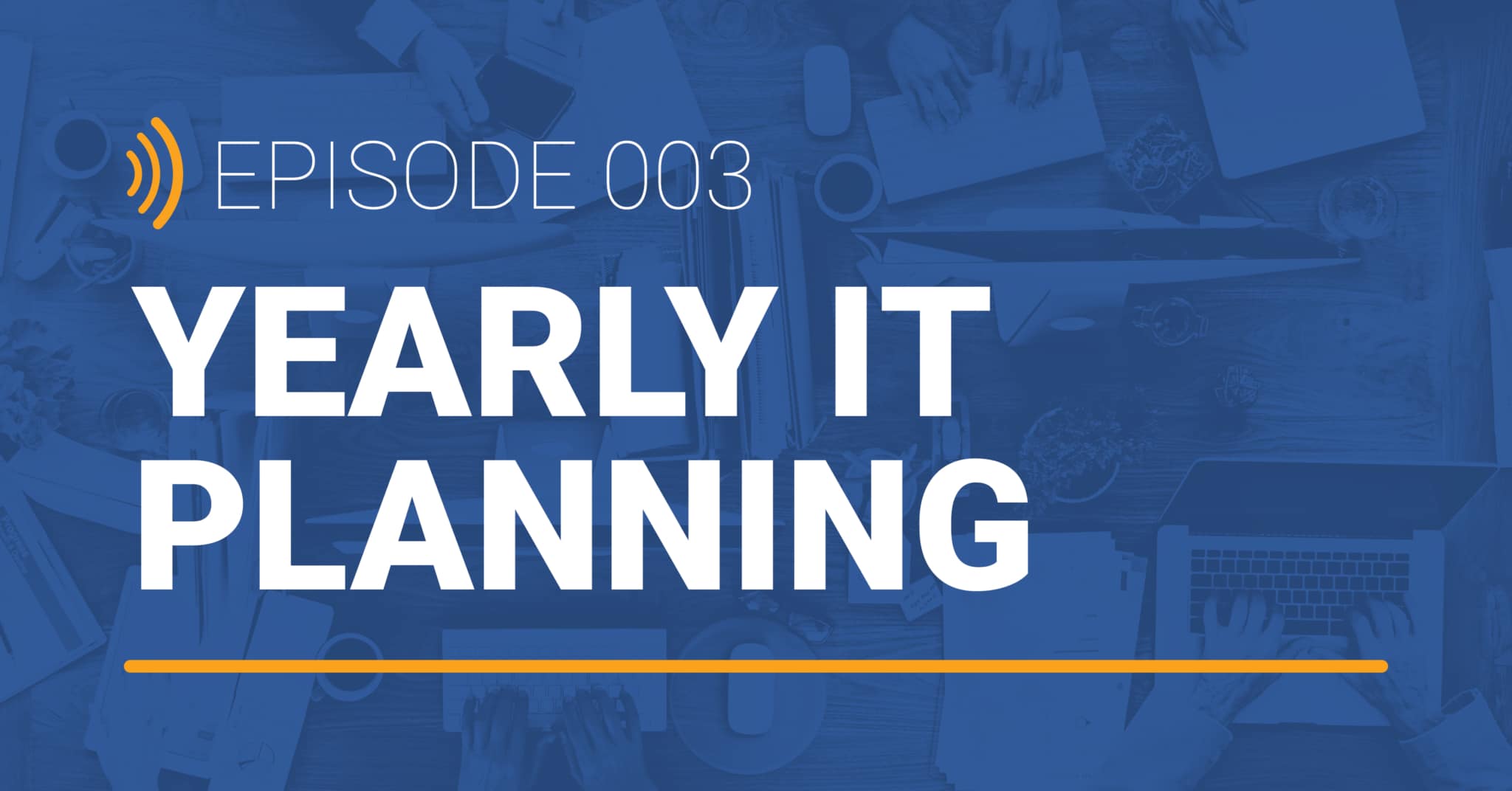In the third episode of TechTalk Detroit, Chuck Lobert and Brian Spurgeon take a deep dive into what goes into a Yearly IT Strategic Plan and why every business, regardless of size or industry—needs one. Drawing on years of experience supporting businesses across various sectors, they explain how an intentional, proactive approach to IT can drive measurable business outcomes.
“Ultimately, every business is a little different,” says Chuck. “But I think there are a few things that are consistent, no matter what your business model is.”
What Is a Yearly IT Strategic Plan?
A Yearly IT Strategic Plan is more than a checklist of upgrades or support tasks—it’s a roadmap that aligns technology with your business goals. Without it, companies often waste money on incompatible tools, struggle with outdated systems, or leave themselves vulnerable to cyber threats.
A strong IT plan can:
-
Boost productivity, efficiency, and collaboration
-
Reduce unnecessary spending and optimize IT investments
-
Identify and mitigate cybersecurity risks
-
Keep you aligned with evolving business goals
-
Highlight areas for innovation and improvement
Key Components of a Yearly IT Strategic Plan
1. Cybersecurity Posture
In an era of rising cybercrime, every IT strategy must begin with security. The plan should address modern security practices like:
-
Multi-factor authentication (MFA)
-
Advanced threat protection
-
Security awareness training for employees
-
Cyber insurance compliance
“A lack of education as to what the threats are is your biggest risk,” Chuck warns.
2. Hardware & Infrastructure
Is your current infrastructure still meeting your needs? Evaluate whether it’s time to:
-
Upgrade aging hardware (e.g., move to solid-state drives)
-
Migrate to the cloud to reduce physical hardware costs
-
Explore scalable, cloud-first platforms like Microsoft 365
3. Line-of-Business Software
Review the software your teams rely on daily. Is it still the best solution available? Send out RFPs to vendors and compare features, costs, and support offerings.
“You should at least do your homework, and see what the options are out there,” Chuck advises.
4. Technology Support
Whether you rely on in-house IT or a managed service provider, evaluate:
-
Performance and responsiveness
-
Knowledge of industry-specific tools
-
Proactive vs. reactive support models
If your IT team isn’t aligned with your goals or lacks expertise, it may be time to explore other support options.
5. Training & Professional Development
Investing in staff training can yield significant returns. Ensure employees are using technology effectively, and consider sending key team members to:
-
Industry-specific conferences
-
Microsoft Inspire and Microsoft Ignite
-
Cybersecurity and productivity workshops
“It doesn’t matter what vertical you’re in—there are great conferences aimed at that,” says Chuck.
A Yearly IT Strategic Plan helps you stay proactive, reduce risks, and maximize return on technology investments. From enhancing cybersecurity to choosing the right cloud solutions and refining your software stack, every aspect of your IT environment should support your broader business goals.
If you’re ready to take your IT planning seriously, Vision Computer Solutions can help guide the process and ensure you’re building a strategy that scales with your success.
Like this article? Check out the following blogs to learn more:
On-Demand Webinar: Can Your Business Survive a 2-Week Quarantine?
Do You Know How To Support Your Employees’ Productivity While They Work From Home?


